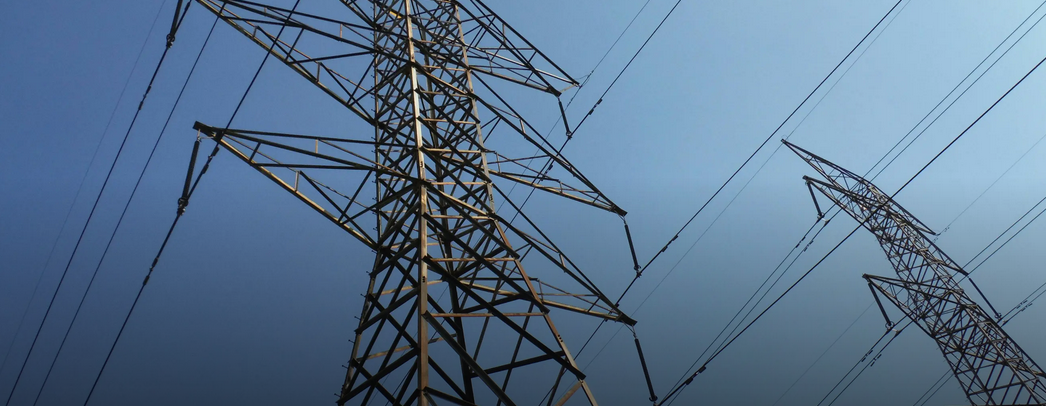IMF Proposes Drastic 85% Electricity Tax Increase For Crypto Mining
The proposal has, in fact, called for a sharp rise in the electricity tax paid by crypto miners to drastically bring down carbon emissions from the mining of such cryptocurrencies, which have been rising and pose an environmental threat
Two IMF officials pitched for steep electricity taxation on cryptocurrency miners and recommended increasing their average global electricity cost by 85%.
The proposal has, in fact, called for a sharp rise in the electricity tax paid by crypto miners to drastically bring down carbon emissions from the mining of such cryptocurrencies, which have been rising and pose an environmental threat.
IMF: Over $5 Billion In Taxes
The International Monetary Fund says that a levy of $0.047 per kilowatt hour would bring in about $5.2 billion annually and trim global emissions by about 100 million tons, equivalent to current emissions of Belgium.
However, the actual reduction of emissions from such a tax is arguable, as miners have the tendency to shift operations to countries where electricity is cheap.
Here, IMF executives Shafik Hebous and Nate Vernon-Lin have used an astonishing figure for the consumption of energy used in cryptocurrency transactions. According to them, a single transaction in Bitcoin uses as much electricity as the average person in Pakistan uses over three years.
Crypto mining data centers, added to this, and the aggregate energy use for artificial intelligence will grow to a level comparable in use to Japan’s electricity in three years.
Though the proposed tax might provide incentives for miners to become more energy-efficient, the IMF acknowledges that global coordination is needed to avoid having miners simply move their bases of operation into countries and jurisdictions with lower standards.
This complexity highlights the difficult decisions that need to be implemented in putting in force effective environmental regulation within a fast-changing crypto landscape.






